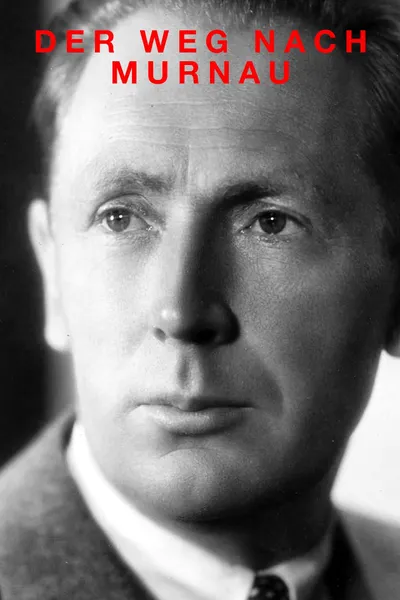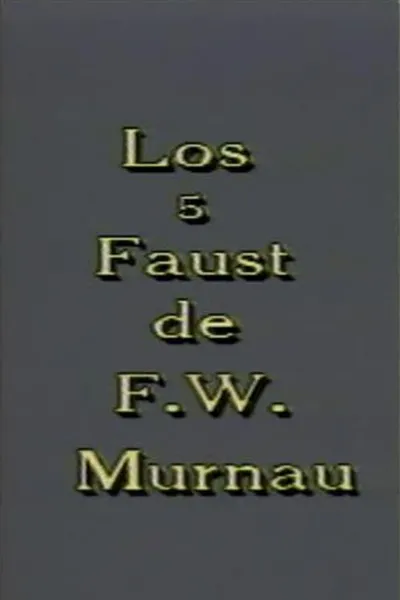
F. W. Murnau
Friedrich Wilhelm “F. W.” Murnau (December 28, 1888 – March 11, 1931) was one of the most influential German film directors of the silent era, and a prominent figure in the expressionist movement in German cinema during the 1920s. Although some of Murnau’s films have been lost, most still survive. While the horror film Nosferatu (1922) is his most famous work, the romantic melodrama Sunrise: A Song of Two Humans (1927) is his critically most acclaimed; the British Film Institute's 2012 Sight & Sound critics' poll named it the fifth-best film in the history of motion pictures. Murnau's characteristics are an atmospheric imagery and an innovative use of camera movement. Andrew Sarris in his influential book of film criticism The American Cinema: Directors and Directions 1929–1968 included him in the "pantheon" of the 14 greatest film directors who had worked in the United States.
Known for
Directing
Place of birth
Bielefeld, North-Rhine-Westphalia, Germany
Birthday
12/28/1888





